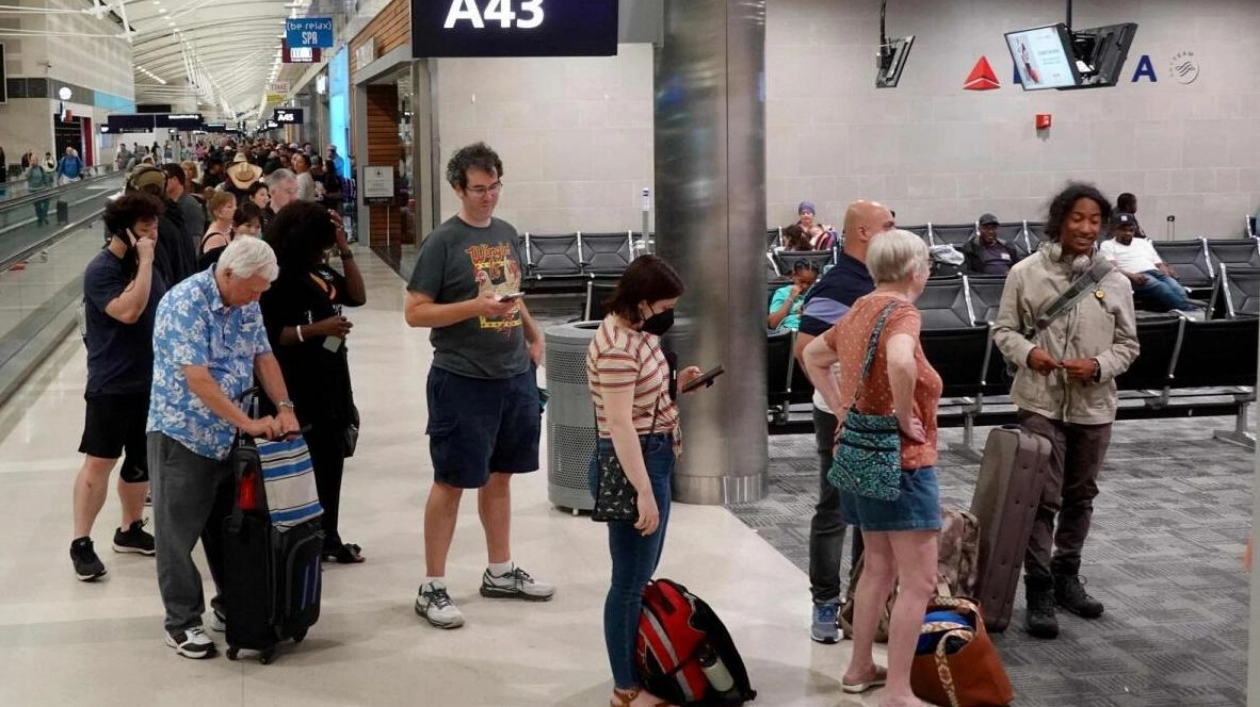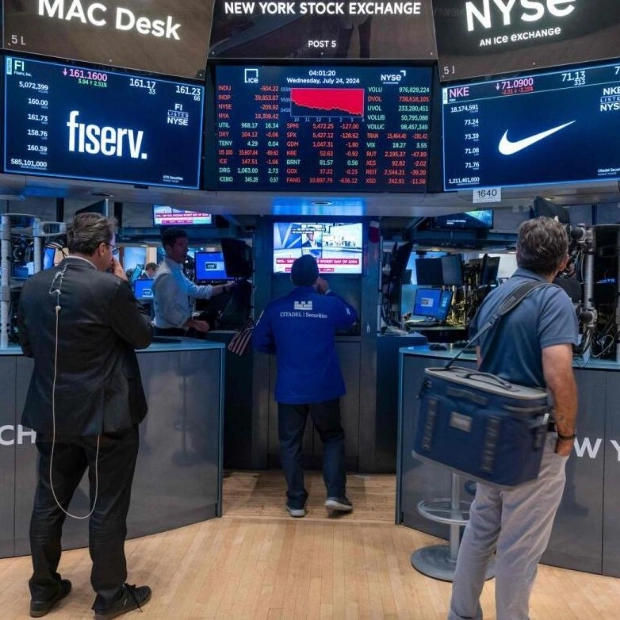Airlines began to gradually resume operations on Saturday following a widespread IT crash that affected global carriers, banks, and financial institutions. The crash, one of the largest in recent years, was triggered by an update to an antivirus program. On Friday, airports saw an influx of passengers awaiting updates as numerous flights were canceled, and operators grappled to maintain services. Several U.S. airlines and airports in Asia reported a return to normalcy, with check-in services restored in Hong Kong, South Korea, and Thailand, and largely back to normal in India, Indonesia, and Singapore's Changi Airport by Saturday afternoon.
Airports of Thailand president Keerati Kitmanawat informed reporters at Bangkok's Don Mueang airport that check-in systems had normalized at Thailand's five major airports, alleviating long queues experienced the previous day. Microsoft confirmed that the disruption began at 1900 GMT on Thursday, affecting Windows users with CrowdStrike Falcon cybersecurity software. CrowdStrike CEO George Kurtz expressed a personal apology to all affected parties and noted that it might take several days for operations to fully normalize. The White House stated that President Joe Biden's team was in contact with CrowdStrike and affected entities, ready to offer assistance as needed.
The full extent of the impact remains unclear, with reports suggesting health services in the Netherlands and Britain might have been affected. Media companies also faced disruptions, including Sky News in the UK and ABC in Australia. By Saturday, most Australian services had returned to normal, though Sydney Airport still reported delays. Authorities in Australia warned of increased scam and phishing attempts following the outage. Digital services in banks in Kenya and Ukraine were also impacted, along with disruptions to some mobile carriers and customer services in various companies.
The outage led to varying responses at airports worldwide, with some halting all flights and others resorting to manual check-ins, causing long lines and frustration among travelers. The FAA initially grounded all flights, but airlines later reported re-establishing services and working through the backlog. India's largest airline, IndiGo, confirmed that operations had been resolved, with efforts underway to resume normal operations over the weekend. AirAsia continued to work on recovering its departure control systems, advising passengers to arrive early for manual check-ins.
In Europe, major airports like Berlin, which had earlier suspended flights, reported a resumption of departures and arrivals. Companies were left assessing the damage and patching up their systems, with officials working to quell panic and rule out foul play. CrowdStrike's Kurtz stated that his teams were fully mobilized to assist affected customers, with a fix already deployed. However, experts questioned the practicality of rolling out a proper fix for millions of users, highlighting the need for a broader reassessment of society's reliance on a few tech companies for critical services.






